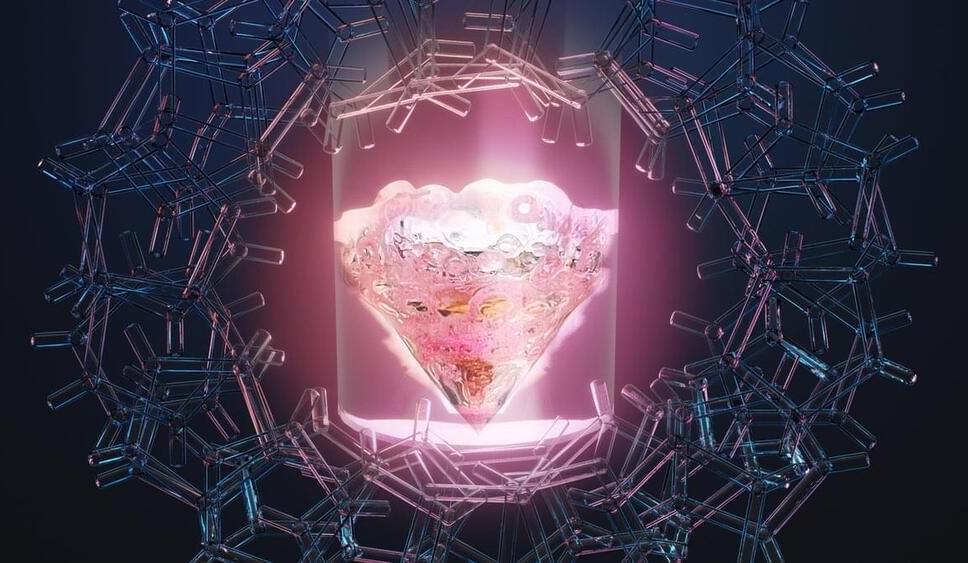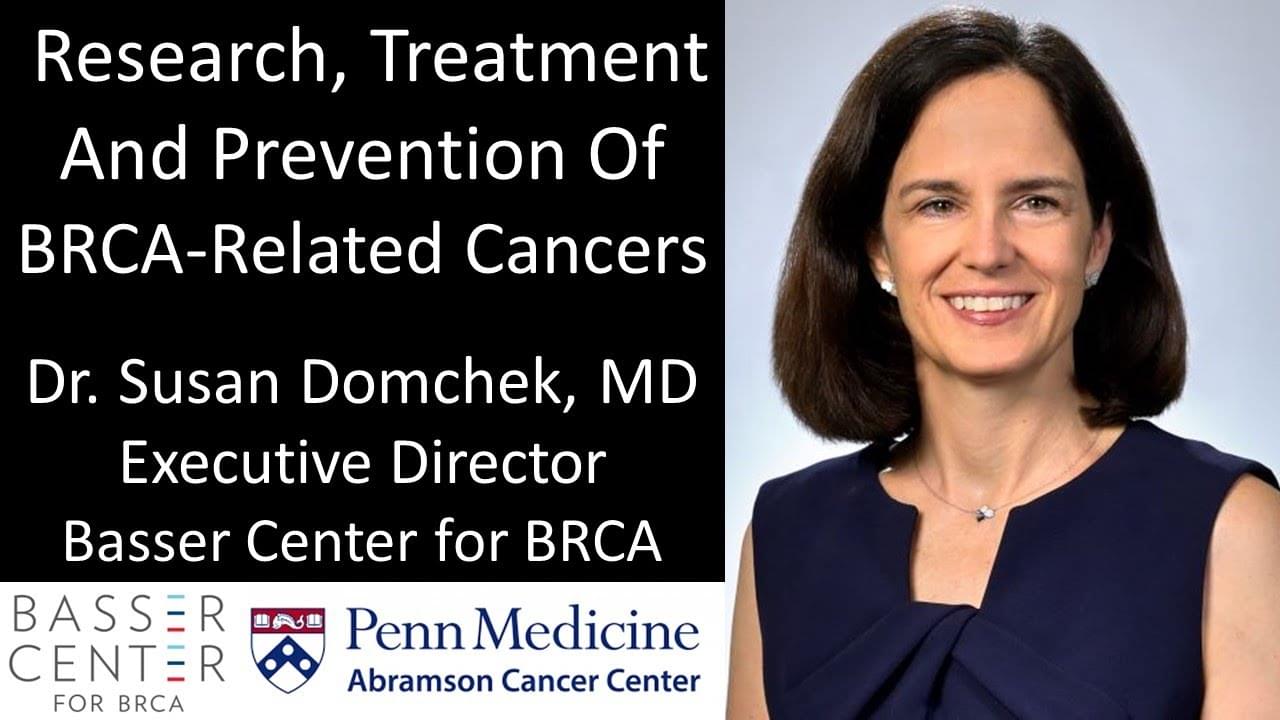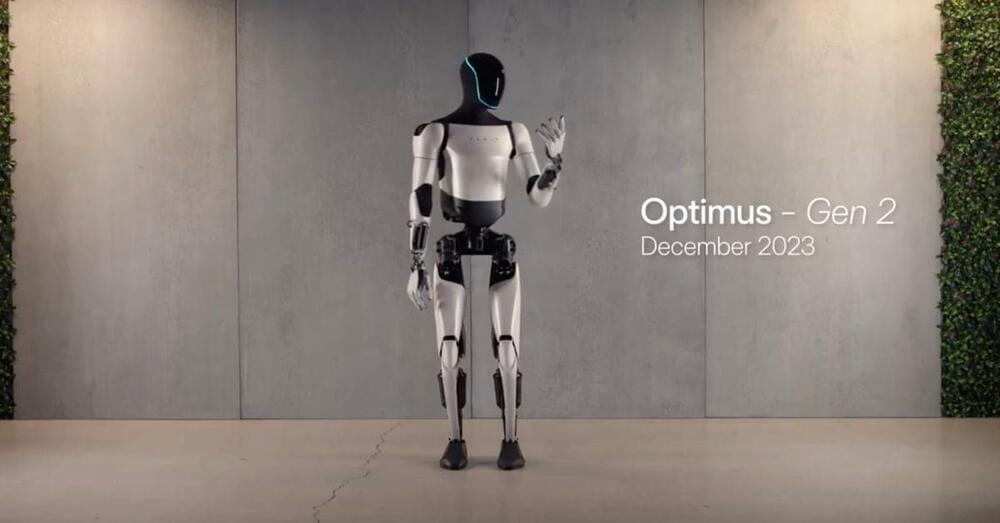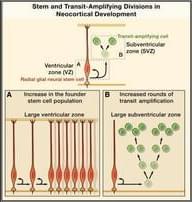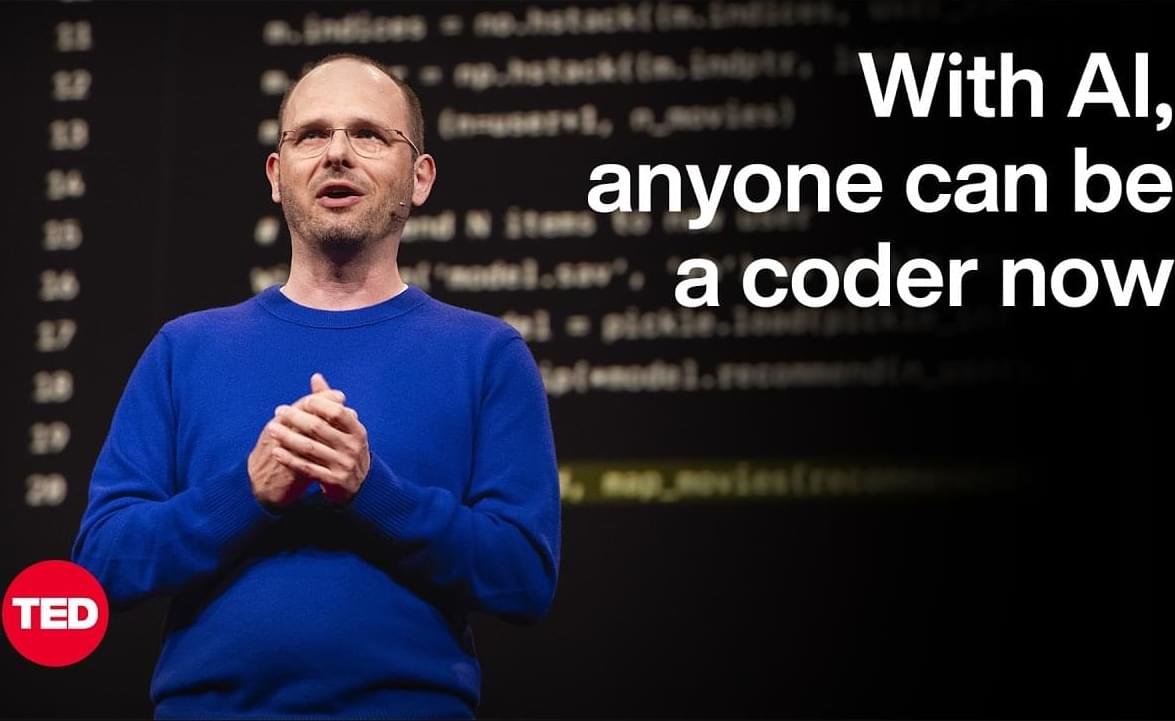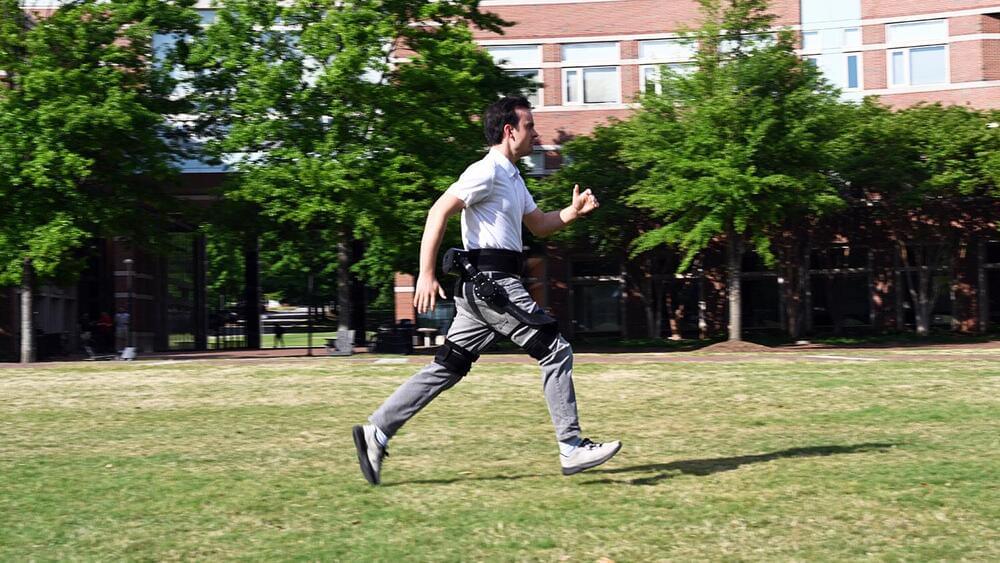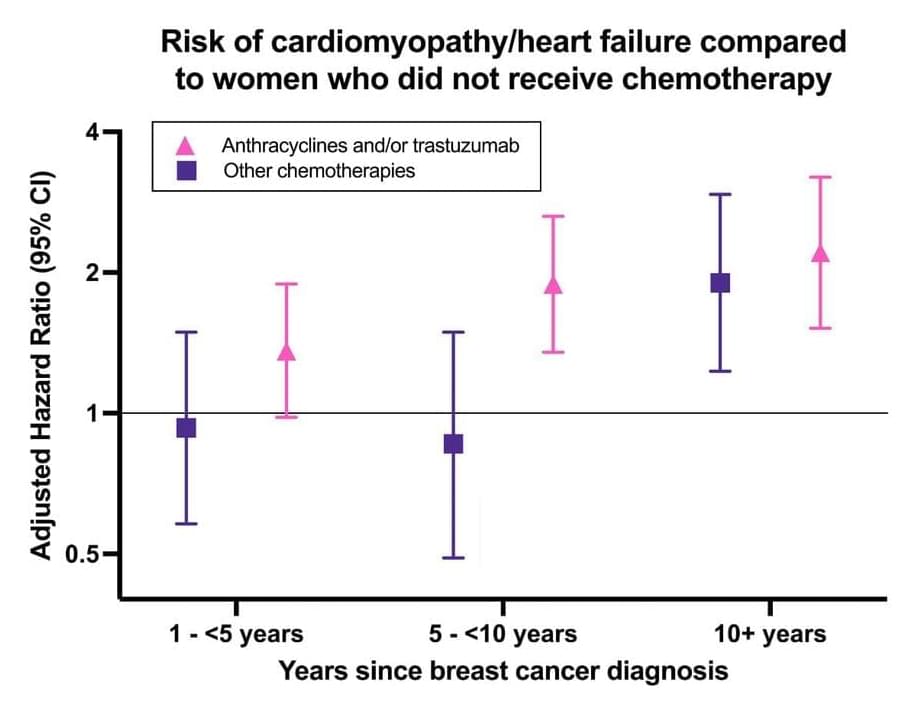
Some breast cancer survivors are at higher risk for cardiovascular disease following certain treatments. A new study is one of the first to provide evidence that may inform long-term and age-specific monitoring for these adverse outcomes. Researchers observed that breast cancer survivors treated with anthracyclines, a type of chemotherapy, and/or trastuzumab, a targeted cancer therapy, had an increased long-term risk of cardiovascular disease, specifically cardiomyopathy/heart failure, compared to women who did not receive chemotherapy. This study was published in the Journal of the National Cancer Institute on May 8, 2024, and was selected for the journal’s Early Career Investigator Research Section.
It is well established that certain breast cancer treatments, such as anthracycline and trastuzumab, can lead to heart damage, which contributes to a higher risk of cardiovascular disease later in life. However, current guidelines only recommend short-term cardiovascular surveillance up to two years after anthracycline and trastuzumab treatment because of a lack of evidence regarding long-term risks. Jacqueline B. Vo, Ph.D., R.N., M.P.H., assistant clinical investigator in the Radiation Epidemiology Branch (REB), led a team of researchers from REB, the Integrative Tumor Epidemiology Branch, the National Heart, Lung, and Blood Institute, and Kaiser Permanente, to explore whether patients could benefit from long-term surveillance. Their analysis included over 10,000 breast cancer survivors in the NCI-Kaiser Permanente Breast Cancer Survivors Cohort with up to 24 years of follow up.
They found that breast cancer survivors, especially those diagnosed at younger ages, had higher risks of cardiovascular disease and could benefit from long-term cardiovascular follow-up. Specifically, risk of cardiomyopathy/heart failure were highest 10+ years after breast cancer diagnosis. Women who were diagnosed prior to age 55 had the highest risks for cardiomyopathy/heart failure, which was nearly three times higher compared to women the same age who did not receive chemotherapy. One reason for the higher risk of cardiomyopathy/heart failure among women diagnosed with breast cancer at younger ages is that this group is more likely to be diagnosed with more aggressive and/or advanced tumors, which are more likely to be treated with anthracyclines and at higher doses. These results highlight the importance of extending current treatment-specific clinical guidelines for cardiovascular surveillance to include longer follow-up and focus on high-risk patients such as younger women.
